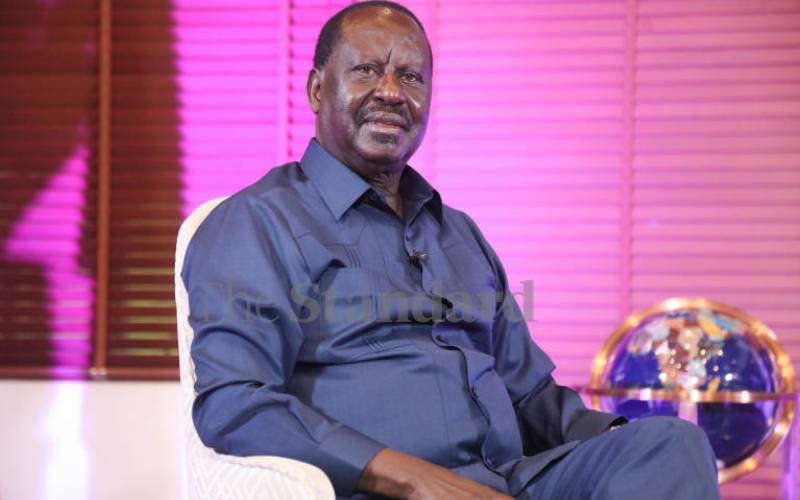The expatriate isn’t much of a political animal. His European home country’s democracy is so tediously settled that all he really does is turn up to a voting station every four years to cast his vote.
He then goes to the pub and forgets about politics for the next four years, certain that his government isn’t going to actively destroy his life, or itself, as a government, collapse.
And on the rare occasion that ‘coalitions’ need to form, these are always done after an election, to avoid hung parliaments, for example, which is when no single political party receives enough votes to form an outright majority of MPs.
After the event.
There are two very recent examples of ‘coalitions’ of a sort in Britain. Firstly, there was the coalition formed when the right-wing Tory party failed to get an outright majority in 2010; they charmed the Liberal Democrats to join them in a formal coalition, the first since World War II.
Secondly, and perhaps it wasn’t a formal coalition, there’s the time in 2017 when the Tories again formed an agreement with the relatively extremist Northern Ireland political party, the DUP, in order to form a working majority.
All of these ‘coalitions’ were formed after the electorate had been allowed to cast democratic votes for the stand-alone parties with individual policies.
The post-election agreements weren’t just the lumping together of politicians as personalities, but rather they were coalitions that saw parties merge their election pledges to ensure democracy prevailed. That sounds very American, doesn’t it? ‘Democracy Shall Prevail’.
Kenya is rather different. Too impatient to wait until elections are over, political parties form coalitions so many years prior to the next election that perhaps we might as well call them ‘post-election coalitions’.
Basically, every politician loathes every other politician, and forms new allegiances prior to an election simply to annoy the specific politicians that they hate the most.
I suspect that when planning who they want as colleagues, Kenyan leaders write down lists under these three headings: ‘Other politicians I despise; Other politicians I dislike; Other politicians I only slightly hate’, and then make their choices based on these.
Because, let’s face it, nobody in any of our coalitions convinces us that they like or admire one another, or that these coalitions can hold. Kenyan coalitions seem to be like a weak antelope in the jaws of many crocodiles, pulling the coalition apart.
And the merging of policies, how do our politicians do this?
Well, they don’t have any policies. None at all. ‘Policies’ are things that sort of emerge after elections; although, in reality, things are just made up, week by week.
It’s why we can’t hold our politicians to account; because they promised nothing except T-shirts and baseball caps.
Stay informed. Subscribe to our newsletter
So, vote wisely, and look at your candidate’s bedfellows, and know that ‘Memorandum of Understanding’ really means, ‘We Agree to Stab Each Other in the Back a Few Months From Now’.
 The Standard Group Plc is a
multi-media organization with investments in media platforms spanning newspaper
print operations, television, radio broadcasting, digital and online services. The
Standard Group is recognized as a leading multi-media house in Kenya with a key
influence in matters of national and international interest.
The Standard Group Plc is a
multi-media organization with investments in media platforms spanning newspaper
print operations, television, radio broadcasting, digital and online services. The
Standard Group is recognized as a leading multi-media house in Kenya with a key
influence in matters of national and international interest.
 The Standard Group Plc is a
multi-media organization with investments in media platforms spanning newspaper
print operations, television, radio broadcasting, digital and online services. The
Standard Group is recognized as a leading multi-media house in Kenya with a key
influence in matters of national and international interest.
The Standard Group Plc is a
multi-media organization with investments in media platforms spanning newspaper
print operations, television, radio broadcasting, digital and online services. The
Standard Group is recognized as a leading multi-media house in Kenya with a key
influence in matters of national and international interest.








